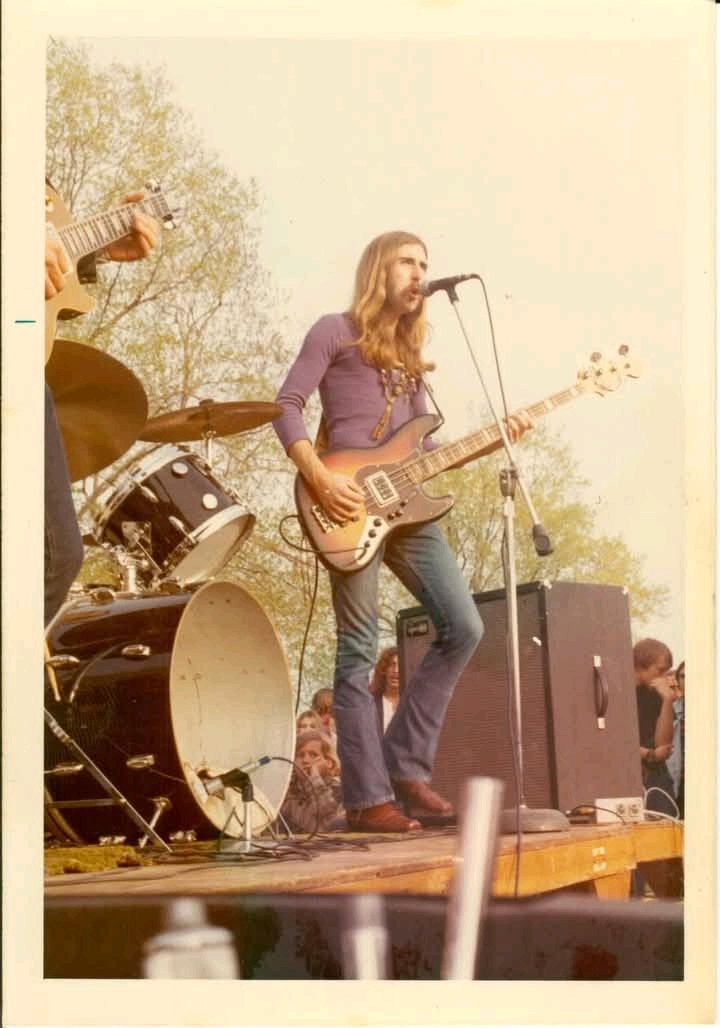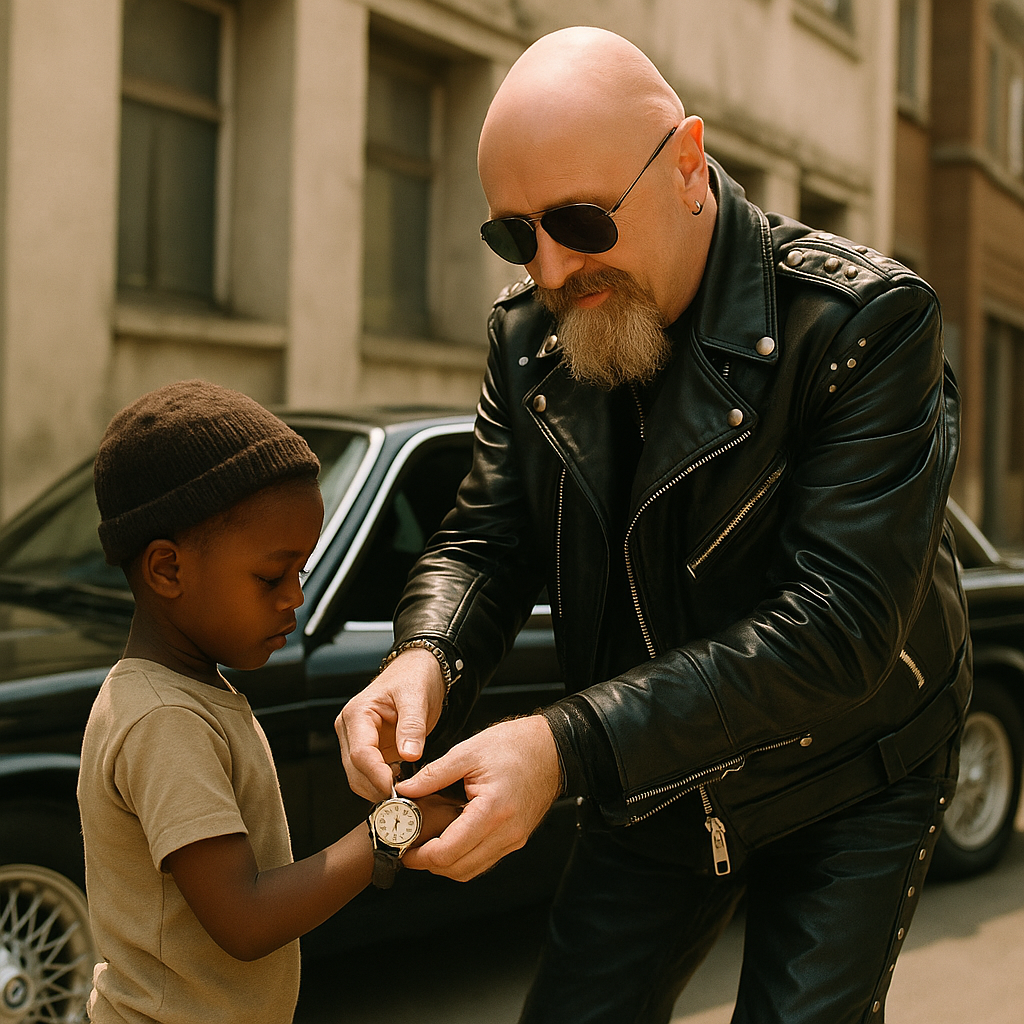The release of the Allman Brothers documentary on Netflix marks a significant moment in the ongoing celebration and preservation of American rock history.
With a legacy that spans decades and a sound that helped define the Southern rock genre, the Allman Brothers Band have long deserved a comprehensive, intimate portrayal of their journey. This new documentary delivers just that, offering fans both old and new an immersive look into the life, struggles, and triumphs of one of rock’s most enduring acts.The film opens with rare footage of the early days—grainy but electric images of the band rehearsing in Macon, Georgia, interspersed with voiceovers from surviving members and key figures in their story. From the very first moments, it’s clear that the
documentary is not just about music, but about brotherhood, perseverance, and the search for meaning in an industry known for its brutal pace and fleeting fame.Viewers are guided through the band’s formation by Duane Allman and his brother Gregg, whose contrasting personalities formed the backbone of their unique dynamic. Through interviews with fellow musicians, family members, and music historians, the film portrays Duane as the fearless guitar virtuoso and Gregg as the soulful poet, each bringing their own brilliance to the group.
The chemistry that bound the original lineup together comes alive through audio recordings, diary entries, and candid photographs.One of the documentary’s most moving sections covers the tragic loss of Duane Allman in 1971, followed by the death of bassist Berry Oakley just a year later. The film does not shy away from the emotional toll these losses took on the band, but it also highlights the resilience that carried them forward. Footage of the band soldiering on with live performances after these tragedies offers a raw, honest look at how grief and music intertwined for them.Of course, no Allman Brothers story would be complete without exploring their iconic live performances.
The documentary devotes a generous portion to their legendary Fillmore East concerts, breaking down the improvisational magic that became their trademark. Interviews with concertgoers and contemporaries like Eric Clapton and Bonnie Raitt underscore just how deeply their performances resonated in the rock world. The way the band blended blues, jazz, and country into something entirely their own is portrayed not as an accident, but as the result of relentless experimentation and mutual trust.
The middle chapters of the film delve into the band’s later years, charting their conflicts, reunions, and the complicated legacy of commercial success. Archival footage reveals infighting, struggles with addiction, and the strain of maintaining creative integrity while navigating a volatile music industry. Yet even during their low points, the passion for music never seems to wane. The documentary handles these chapters with nuance, avoiding both glorification and condemnation.A particularly touching element is the spotlight on the fans. Testimonials from lifelong listeners paint a vivid picture of the community that grew around the band—people who found solace, identity, and joy in the music. Some fans recount life-changing moments at Allman Brothers concerts; others show tattoos, vinyl collections, and homemade memorabilia. The documentary subtly underscores that the Allman Brothers Band was not just a band—it was a movement.
The cinematography and editing elevate the storytelling, with seamless transitions between past and present, color and black-and-white, stage and home. Directors took a creative yet respectful approach, often allowing the music to speak for itself with extended sequences that let the band’s greatest jams play uninterrupted. These moments remind viewers why the Allman Brothers remain so revered—they could turn any stage into sacred ground.As the documentary draws to a close, the focus shifts to the present day and the enduring influence of the Allman Brothers Band on contemporary musicians. Young artists speak with reverence about their impact, and scenes from tribute concerts show how the band’s spirit lives on. The film closes not with an elegy, but with a celebration—a roaring finale that echoes the band’s belief in music as healing, uniting, and eternal.Ultimately, the Allman Brothers documentary on Netflix is more than a biography.
It is a tribute, a time capsule, and a love letter to a band that transcended genre, geography, and generation. For longtime devotees, it is a nostalgic journey. For newcomers, it’s an invitation to discover something timeless. And for everyone in between, it is a reminder that great music never fades—it only grows louder with time.



